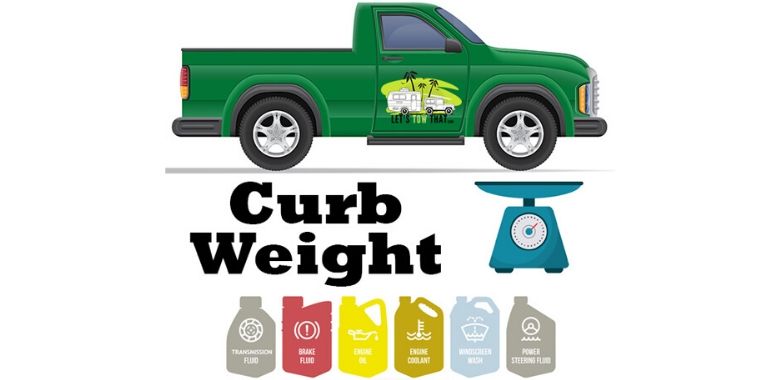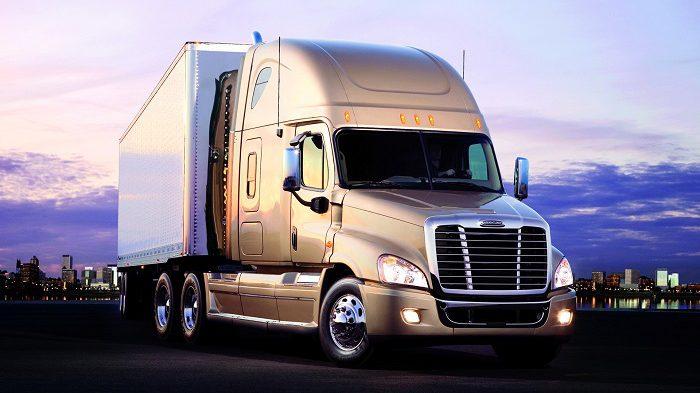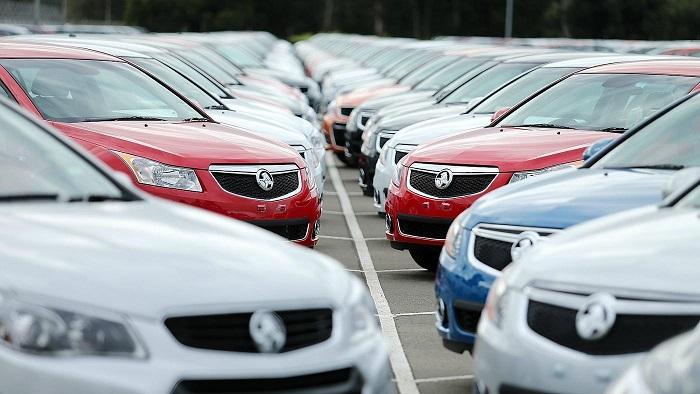One single vehicle could have various types of weights, and curb and gross vehicle weights are two such terms. Fortunately, it’s not difficult to explain the curb weight vs gross vehicle weight concept. These are the terms you will find on the compliance plate and the owner’s manual of your car. What do they actually mean? Well, these are nothing but the weights of an automobile under two different conditions.
Contents
What is Curb Weight?
Curb weight also known as “curb weight” in British English is defined as the total weight of a vehicle including all factory-installed equipment, all essential consumables for operation like coolant oil, motor oil, air conditioning refrigerant, transmission oil, a 90% full fuel tank and not including any passengers or cargo. This is the actual weight of a vehicle assigned by its manufacturer.
If you read more from other car magazines, you can see that the above definition may differ a little bit from the definitions of others. Yes, it is true. According to government regulatory agencies like the European Union, besides all things mentioned above, curb weight also contains the weight of a 75-kg (165 Ib) driver in order to follow European Directive 95/48/EC. Many organizations often define curb weight with other variables and fixed levels of engine oil and fuel to equalize the value for the comparison of different vehicles.
Depending on the manufacturer, unladen mass (unladen weight) can be the same as curb weight. However, unladen mass is often defined as the total mass of the vehicle without the weight of drive, additional equipment, or engine oil and fluid,…

What is Gross Vehicle Mass or Weight?
The actual weight of a car is known as the gross vehicle mass or weight (GVW). It refers to the current weight of a vehicle with all of its parts and everything inside it including cargo and passengers.
On the other hand, the gross vehicle weight rating (GVWR) indicates the highest load that an automobile can carry. The number is assigned by the manufacturer and it does not change under any circumstance. It includes the weight of all the components of the car, driver, passengers, cargo, fuel, and other things.
Read more:
Knowing the exact gross vehicle weight rating is important, especially for drivers who transport heavy cargo and drive in delicate areas. Engine and physical damage could occur if you carry more load than the weight the vehicle is rated for.
You can calculate the gross vehicle weight by adding the weight of your car with a full tank of fuel, and the necessary fluids, as well as the weight of the driver, passengers, and cargo.
It’s important to understand the difference between GVW and GVWR. The second one remains constant while the first one can change. For example, your car will have one GVW when there are two passengers inside but the number will change if one of the exits. The GVW should never cross the GVWR to ensure safety.
Watch this video to understand deeply about curb weight vs gross weight:
Curb Weight vs Gross Vehicle Weight: The Differences
Simply put, the main difference between the curb weight and the gross weight is the gross vehicle weight is the maximum weight that your vehicle can be fully loaded including cargo, passenger, or any additional equipment. On the other hand, the curb weight is just the weight of the vehicle with its equipment (tires, engines, seats, full tanks…) and it doesn’t take into account the cargo and passengers. The curb weight means that when your car is driving in empty.
Use the chart below to get a gist of the differences between these two measurements:
| CURB WEIGHT | GROSS WEIGHT |
|---|---|
| Refers to the weight of the car only without any additional items | Refers to the current weight of a vehicle at a given point of time |
| Counts the weight of 90% fuel in the fuel tank | Counts the bulk of all the fluids and payload inside the car |
| Indicates the standard weight of the vehicle | Indicates the actual weight of a car in a specific condition |
| It has nothing to do with the driving safety | Knowing the rating is crucial to the most efficient and safe driving of a vehicle |

There are two other terms that will help you better understand the curb weight vs gross vehicle weight concept. There is a tare mass that indicates the weight of a standard vehicle when it’s empty except for 10 liters of fuel in the tank. The payload is another important term that specifies the total weight of the luggage and stuff that you can stash in a car.
If you have any questions about the difference between curb weight and gross weight or about car industry knowledge, feel free to leave us a comment in the box below, our auto experts will answer them for you.




If the gvw of a car is 2200kgs on the plate without luggage and driver and half a tank of fuel what is the kerb weight